CO2 crisis and other supply chain disruptions will drive “inevitable” interest in innovative supply chain insurance products
Surging prices of carbon dioxide (CO2) in the UK have once again drawn attention to the lack of suitable insurance policies available to cover business interruption (BI) to companies’ supply chains, reports sister publication Insurance Times.
It is just one of several vulnerable pressure points that are currently causing high demand for global supply chain cover.
This includes continued container shortages, port delays, congestion, increased freight costs, logistics equipment being in the wrong place and a lack of haulage options that results in delays.
For logistic and freight firms like Simarco Worldwide, their supply chain currently relies on goods from non-European Union countries, including China and the US.
Simon Reed, chief executive of Simarco Worldwide, said: ”The irony of Brexit is that we will rely more heavily on Europe as [a] reliable source of goods, as seen with [the] huge increase in container and goods prices and [the] shortage of supply from the Far East.
”European imports are less impactful to the environment and even with Brexit restrictions, [they are] easier to access and faster [to get] into the supply chain.”
However, he predicted that there will be a move away from these ”just in time” supply chain models and instead, more stock will be held in the UK.
As lead times increase, retailers will still expect their suppliers to have stock in the UK for sales through the internet and high street.
“Ultimately less choice and variety, but higher prices,” he added.
Reed cited port congestion in China, ongoing Covid issues, lack of drivers and Brexit delays as key challenges for the supply chain sector.
Lilley added: “Transparency about what cover is required for is arguably more important than ever.”
Dearth of non-damage covers
In September 2021, the soaring price of CO2 had a knock-on effect on both the production and supply chain of meat products, beer and fizzy drinks.
Sedgwick’s director and head of financial risks Damian Glynn believes this will drive “inevitable” interest in innovative supply chain insurance products.
In Glynn’s opinion, today’s insurance products are “not going to respond” to the current CO2 crisis.
BI cover is typically written on the basis of damage to the insured’s premises - on top of this are various extensions that can extend the cover, such as denial of access, notification of disease and utility failure.
“One of the [available] extensions is to give cover if there is damage at the supplier’s premises - that triggers cover as if you had damage at your own premises. Of course, the CO2 crisis does not arise because of damage at anybody’s premises,” Glynn said.
There are two types of suppliers’ cover – specified and unspecified.
Specified suppliers’ cover is where the policyholder has named the supplier, whereas unspecified suppliers’ cover is more general and the supplier is not named.
However, both of these options require damage to have occurred for the policyholder to have a successful claim.
A discontinued supply chain cover provided by insurer Zurich would have offered cover for a product not arriving at the insured business’ premises, therefore policyholders would have been able to make a claim due to the CO2 crisis.
“Supply chain will become more of an issue,” Glynn noted.
Being prepared
Martin Lilley, director of corporate services at Broadway Insurance Brokers, added that current pressures around CO2 highlighted the complexity of the international supply chain and the importance for businesses to be prepared.
He said: “It’s something which the last year has reinforced to a lot of companies in many different business sectors. There were, after all, very few individuals who might have forecast a pandemic effectively shutting down the global supply chain for such a long period of time.
“The most critical thing for a business relying on a supply chain of any sort is understanding where the risks or weaknesses in that chain are, assessing what impact they could have on an organisation and taking suitable steps to identify how they may come under pressure.
“In a short space of time, we have seen the free movement of goods interrupted by issues relating not just to coronavirus, but problems linked to fuel supplies, personnel and extreme weather events.”
He suggested that businesses put contingencies in place internally to try and mitigate such difficulties, however it is also “hugely beneficial to insurers if businesses decide to transfer risk by obtaining cover”.





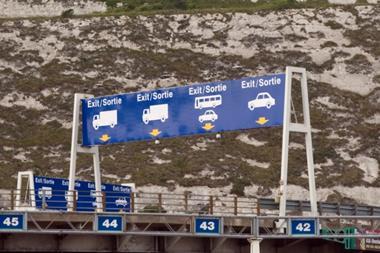
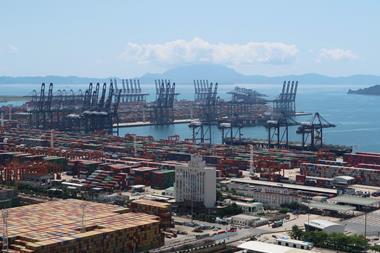
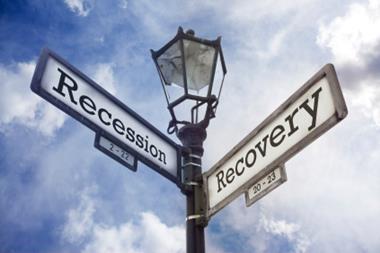
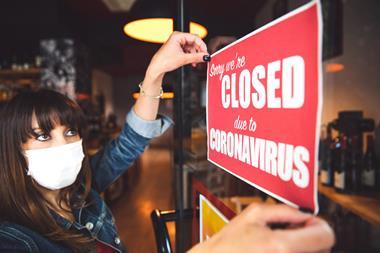
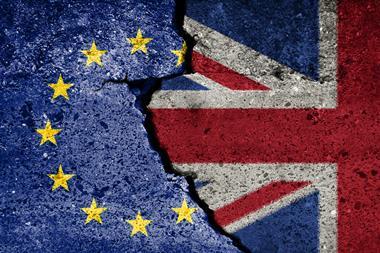
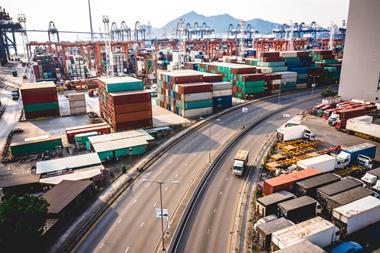









No comments yet